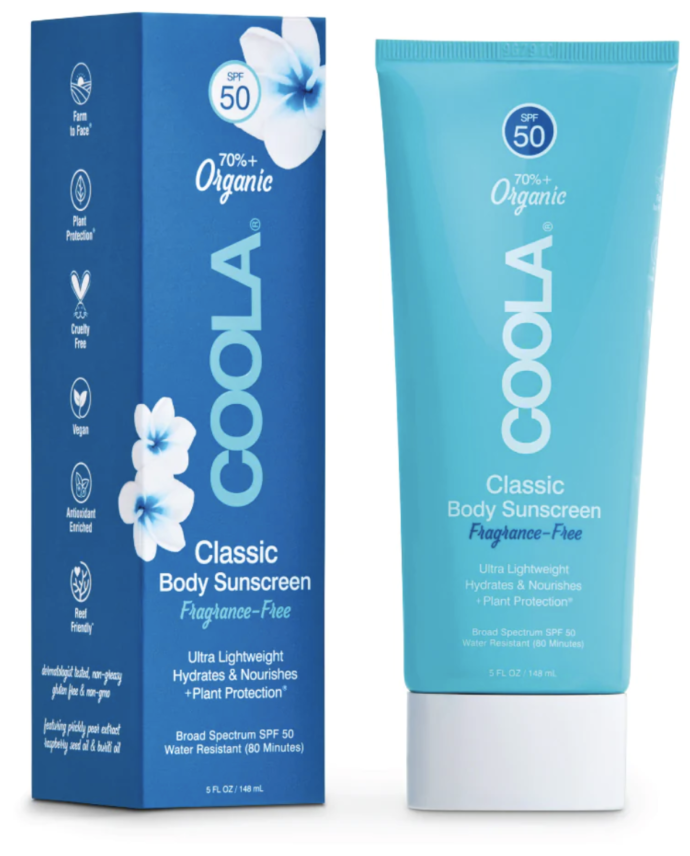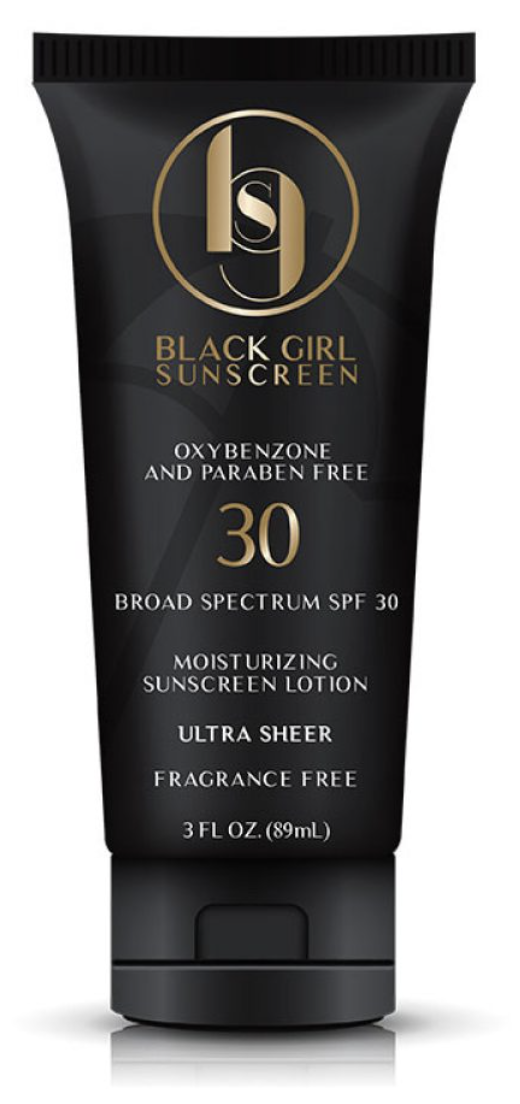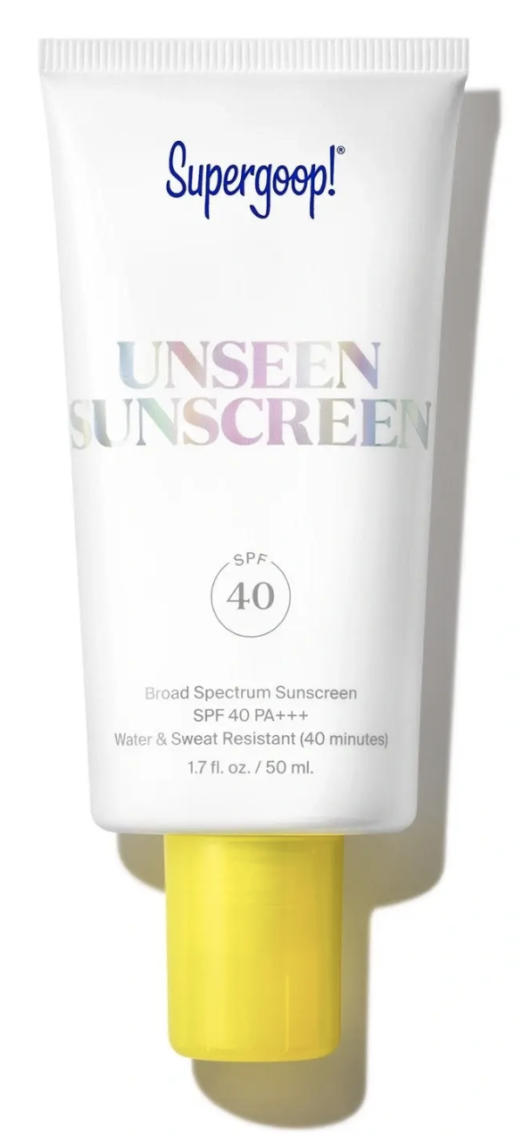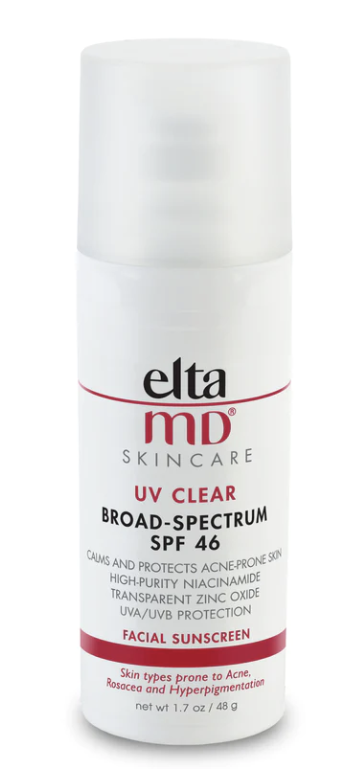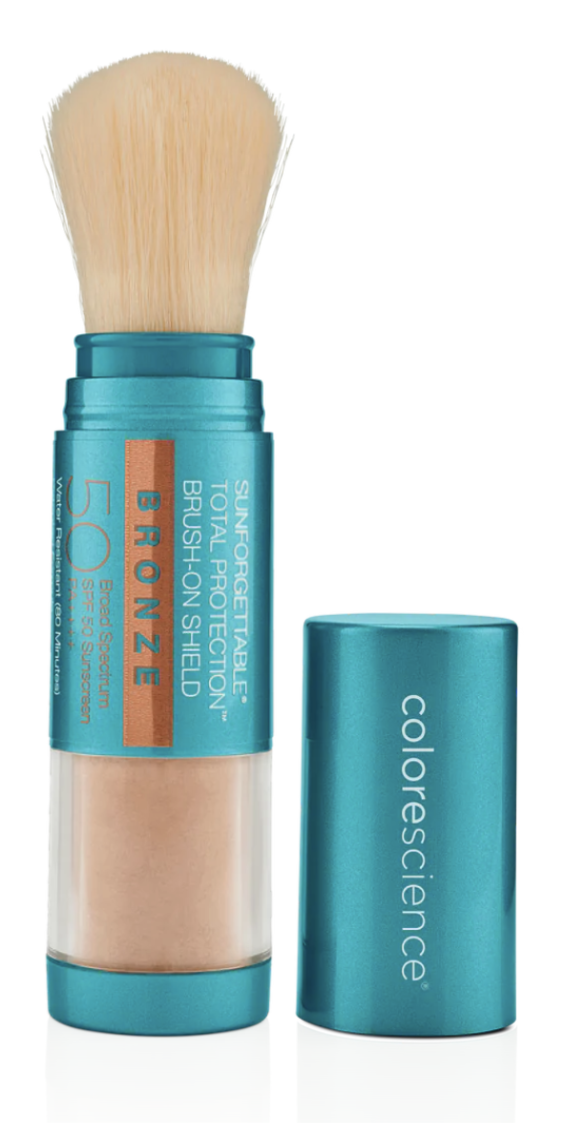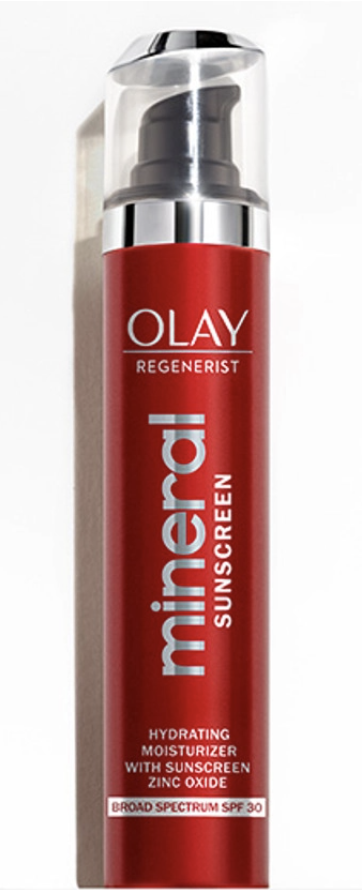The Ask a Pro series is your chance to have all your questions answered by top StyleSeat beauty, grooming, and wellness experts. Have a question for us? Submit your question here, leave a comment below, or tag us on social media @StyleSeat with #askaprostyleseat.
Sunscreen will always be a hot topic, especially during the summer months. Need to know which sunscreen is best for your skin and how often you should apply? We asked a StyleSeat esthetician and a professional dermatologist for their top sun safety tips so you can choose the best UV protection to achieve your skincare goals this summer. Check out these need-to-know sunscreen tips.
Why is it important to wear sunscreen?
“The most important reason is to decrease the risk of sun damage that can lead to skin cancers on the skin,” says Dr. Tiffany Clay, an Atlanta-based board certified dermatologist. “Then some secondary reasons that sometimes incentivize people include: wearing sunscreen can help prevent signs of aging on the skin and minimize brown spots on the skin and hyperpigmentation.”
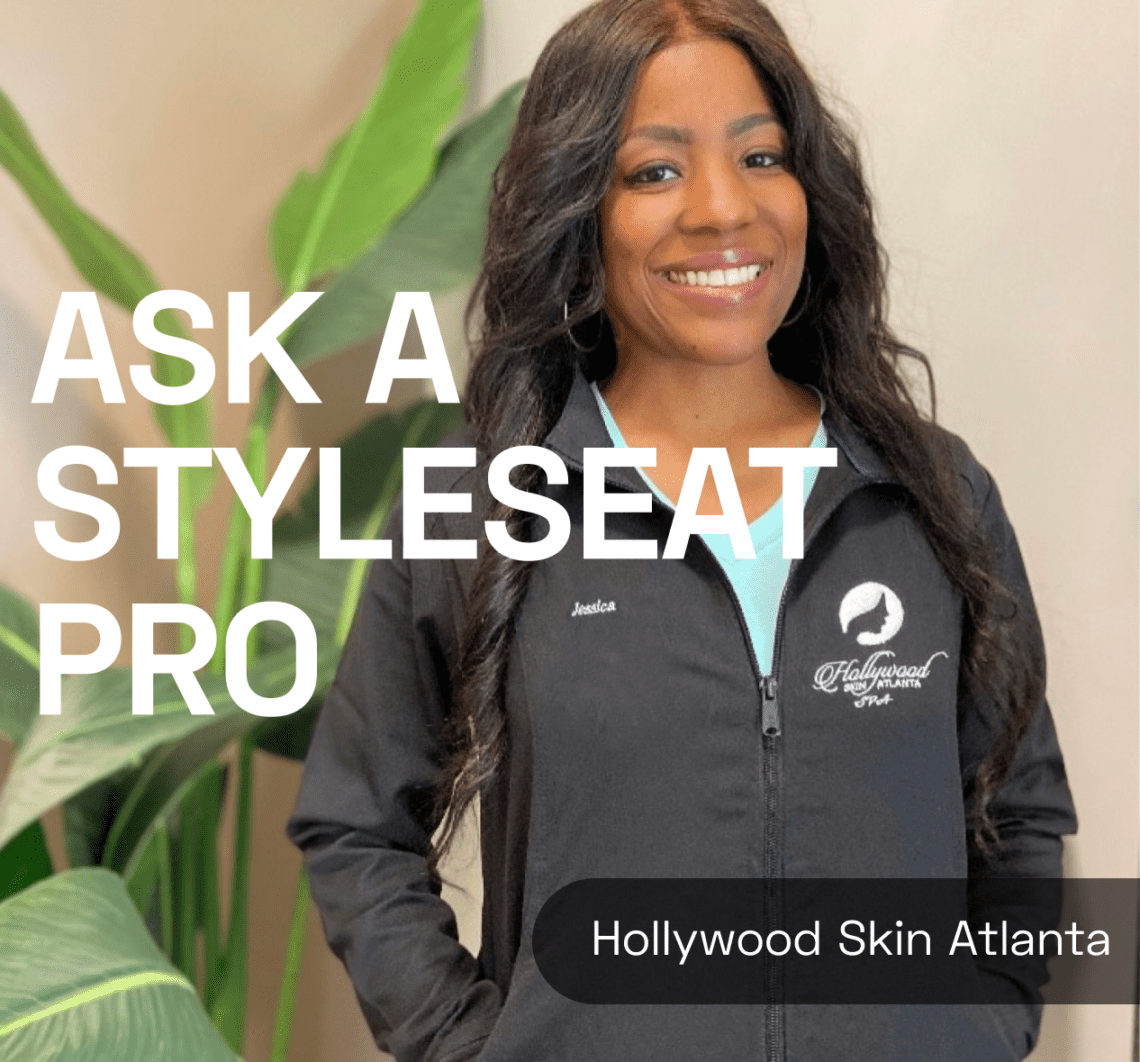
What should I look for when shopping for sunscreen?
Before you make a purchase, consider what you need in the product. There are two types of sunscreen — physical (also known as mineral) and chemical, and it’s best to know the differences between them. “Physical sunscreen is meant to reflect the sunlight off the skin. Chemical sunscreen absorbs the UV rays, and it converts it into heat, and your body exerts that heat,” explains Jessica Julien Idris, StyleSeat esthetician and owner of Hollywood Skin Atlanta. She recommends if you have more acne-prone or sensitive skin, you may have a better experience with a physical sunscreen.
Next, you’ll want to look for certain ingredients. “I always recommend that sunscreen have at least a little zinc oxide or titanium dioxide. I find that that tends to be the safest for all skin types, and it doesn’t cause irritation,” says Dr. Clay. She notes that these are common ingredients in physical sunscreen and some chemical sunscreens. However, when applying physical sunscreen, it can leave a white cast, so Dr. Clay has found that her patients with darker skin tones prefer chemical sunscreens because it blends into the skin better.
Let’s get into the SPF number. SPF, also known as Sun Protection Factor, measures how much ultraviolet radiation is required to produce sunburn on skin protected with sunscreen relative to the amount of ultraviolet radiation needed to cause sunburn on unprotected skin, according to the FDA. “Many of your moisturizers and your makeups that have SPF will start at SPF 50. Most dermatologists recommend on a daily basis that our patients use at least SPF 30. And, of course, you can go higher from there, but we recommend at least SPF of 30,” says Dr. Clay.
So when should you consider a higher SPF? “If you burn fairly easily, you’ll want to go ahead and level up. You want to hit that SPF 45 or 50, especially if you’re spending a lot of time outside, especially in the summertime,” says Julien Idris.
Jessica’s Sunscreen Selections

Dr. Clay’s Sunscreen Selections

Should I only apply sunscreen when I’m outside?
Not only should you use sunscreen on cloudy days, but you should also apply it while you’re indoors. Your exposure to UV rays increases while using electronic devices, and your skin still needs to be protected. “Your computer and cell phone blue light can cause premature aging of the skin. So if you wear a broad-spectrum sunscreen, it has protection against blue light, and you will get that protection, so you won’t start to get a lot of brown spots,” explains Dr. Clay.
If you’re working from home, look at your home office setup and evaluate for sun exposure. “You want to position your computer not right next to the window because the UV rays are intensified through glass,” says Julien Idris.
How much sunscreen should I use for my body?
Before applying, it is best to look at the package’s directions to see the suggested application amount. Nevertheless, Dr. Clay recommends that the amount to fill a shot glass is enough sunscreen for your body, and spreading the product across two to three of your fingers will initially be enough for your face.
Your sunscreen will be even more beneficial when you reapply after sweating, getting out of a pool or body of water, wiping your face/body, etc. Unfortunately, some sunscreen options are not water-resistant, so reapplication is needed. “A lot of the population doesn’t apply sunscreen, and those that do apply sunscreen tend not to reapply,” says Julien Idris.
Quick Beauty Tip: Set a timer on your phone or watch for two hours after sunscreen application as a reminder to reapply.
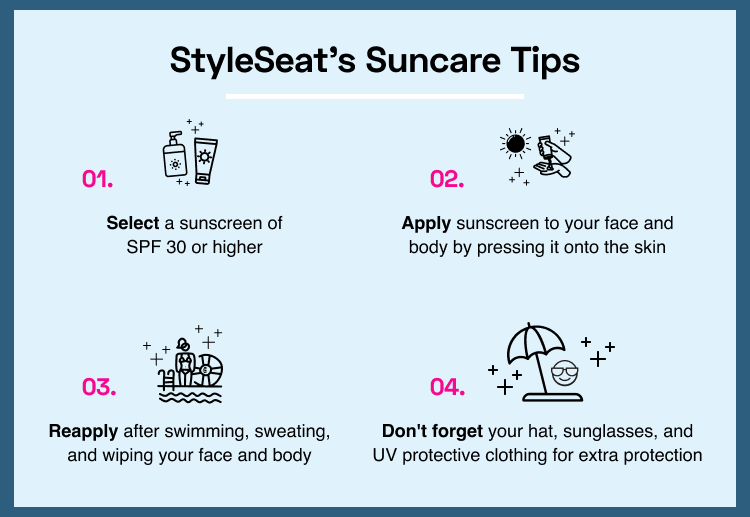
What are other ways I can protect myself from the sun?
Sunscreen offerings have increased over time and are more widely available. When shopping for sunscreen, you are not limited to creams and lotions. You can purchase a spray, press-on, powder, or even a stick formula. You will even see SPF included in hair products such as leave-in conditioners and cosmetics like foundations and lip balm.
But if you’re looking for other ways to protect your skin from UV rays, try expanding your wardrobe with UV protective clothing, hats, and sunglasses.

